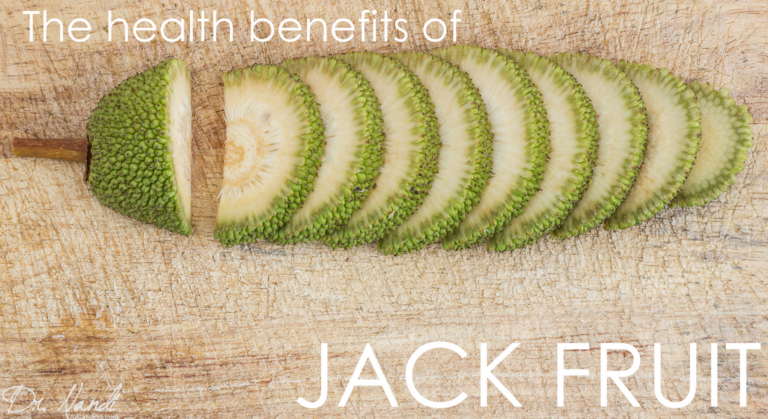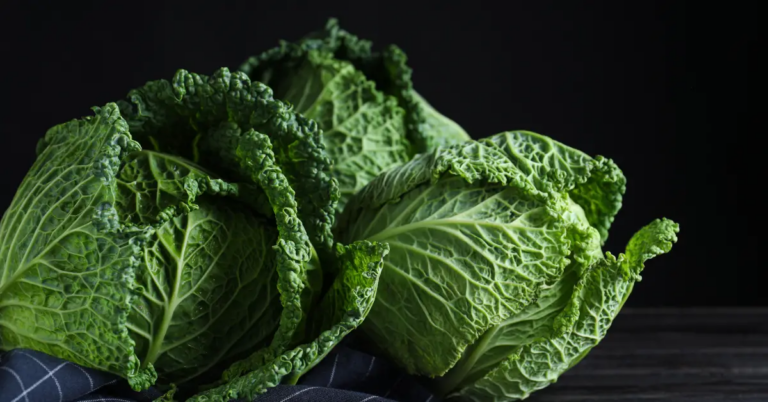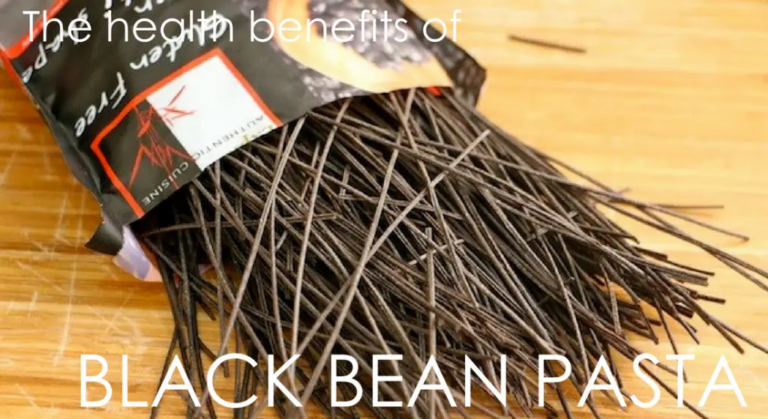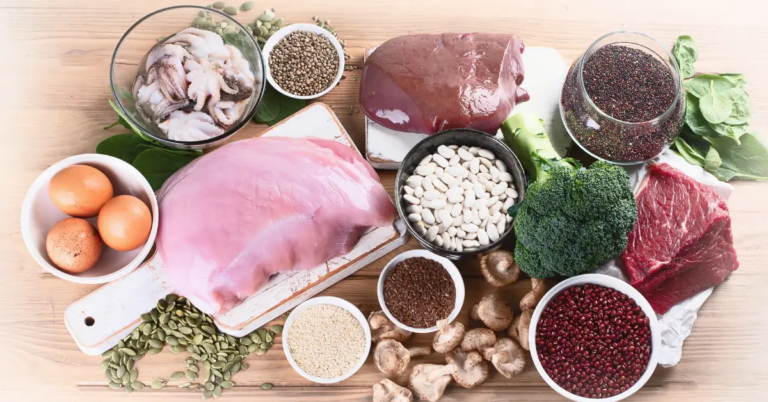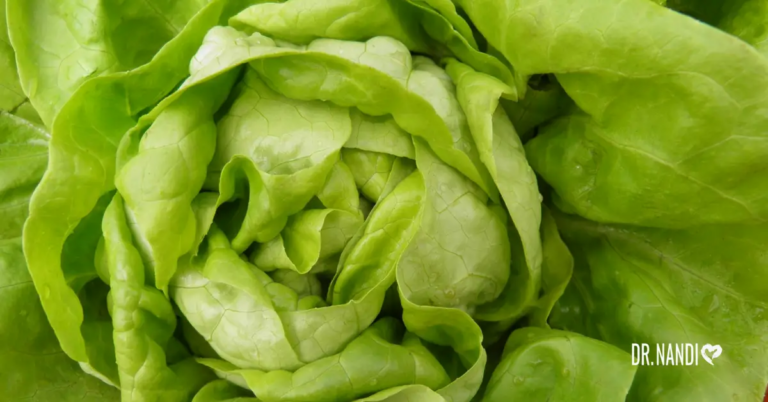Arthritis is common, especially amongst women (70 percent of rheumatoid arthritis sufferers are women), and arthritis occurs more frequently as both sexes age. (3,5)
It is no wonder that lots of different people look for relief from arthritis pain. Tenderness, stiffness, inflammation around the joints, restricted movement of the joints, warm, red skin over joints, muscle weakness, and muscle wasting, are all symptoms. (1)
Arthritis has two types: inflammatory and non-inflammatory.
Inflammatory arthritis is characterized by the presence of inflammatory white blood cells in the joint fluid.
Arthritis is a blanket term covering all types of arthritis including osteoarthritis, rheumatoid arthritis, psoriatic arthritis, and gout.
Basically, rheumatoid arthritis is one of the many forms of inflammatory arthritis. (5)
There’s no cure for arthritis, but there are treatments that can help slow it down, including medication, physiotherapy, surgery, lifestyle, and diet changes. (1)
Arthritis, Anti-Inflammatory, or Mediterranean diet?
Some types of arthritis affect the heart, eyes, lungs, kidneys, and skin as well as the joints, yet our gut health plays a huge part in how all of this can play out.
Lifestyle changes can encompass a new diet, but adding to arthritis challenges is knowing what to eat.
Although there is no specific diet for arthritis, incorporating certain foods by patients can certainly fight inflammation and gain some relief.
A varied, plant-based diet that includes prebiotic and probiotic foods is usually a perfect start, or the Mediterranean diet, which is known for its anti-inflammatory and disease-fighting properties. (2)
Some people find great relief in a raw food diet, or an anti-inflammatory diet, while others try giving up coffee. Elimination diets are great for pinpointing what may be triggers for individuals.
Impact On Our Gut Microbiome
The gut microbiome has a big impact on our overall health. Our gut microbiome refers to the trillions of bacteria and other microbiota that live in our digestive tracts naturally.
A faulty immune system may be responsible for the most common types of inflammatory arthritis including gout, rheumatoid arthritis, psoriatic arthritis, axial spondyloarthritis, and juvenile idiopathic arthritis. (4)
So, how does gut health play a role?
It is related to how microbes or microorganisms interact with our immune systems. The microbiomes in the GI tract aid in digestion, the production of important vitamins, and the regulation of the growth of cells that line our lungs, intestines, and other organs.
They help teach our immune system the difference between harmless bacteria and germs that can make us sick. Knowing friend from foe is crucial, because it helps the immune system decide when to attack and when not to.(4)
Some of these decisions are influenced by specific gut microbes. Certain microbes stimulate immune T cells, which either promote or suppress inflammation. In a healthy microbiome, this means that the immune system does its job.

However, things may go wrong when there are too many pro-inflammatory T cells, or not enough anti-inflammatory T cells to control them. (4)
A problem with the microbiome may play a major role in inflammatory types of arthritis, where the body attacks healthy tissue instead of invading organisms.
Research has found that patients with RA, gout, and ankylosing spondylitis have abnormalities and less diversity in their gut microbes. The loss of protective bacteria means the immune system may not regulate inflammation. (4)
8 Foods Recommended For Rheumatoid And Other Inflammatory Arthritis Forms
Dietary influences change the diversity and species balance of our gut microbiome. (4)
Designed by Dr. Nandi, who is a board-certified gastroenterologist The Score Your Gut Health Quiz gives easy-to-follow personalized diet and lifestyle recommendations for better gut health.
In the meantime, here are eight foods that promote gut health. They also help in managing arthritis symptoms by preventing and easing inflammation – directly easing joint pain.
- Fish
EPA and DHA are called marine fatty acids because they come from fish. What makes these omega-3 sources worthwhile for people with arthritis is their ability to inhibit inflammation. Omega-3s may decrease the body’s inflammatory response. (8)
- Berries
Berries have antioxidant power, protecting the body against inflammation and free radicals – which can damage cells and organs. (9)
- Olive Oil
A compound in olive oil, called oleocanthal, prevents the production of pro-inflammatory COX-1 and COX-2 enzymes – the same way painkillers work. By inhibiting these enzymes, inflammation and the increase in pain sensitivity associated with it are reduced. (10)
- Ginger and Tumeric
Ginger and turmeric have been studied for their ability to provide relief from chronic pain. Studies show that curcumin, the active ingredient in turmeric, is especially effective at decreasing pain caused by arthritis. (11)
- Nuts
Nuts are a good source of polyunsaturated and monounsaturated fats, which lower cholesterol and reduce the heart disease risks that can be higher in people with certain types of arthritis. They also are a good source of protein and antioxidant vitamins and minerals. In addition, some nuts are high in alpha-linolenic acid (ALA), a type of anti-inflammatory omega-3 fatty acid. (12)
- Seaweed
Studies have shown that a mineral supplement derived from seaweed may help people with knee arthritis pain thereby cutting down their painkiller usage. Seaweed is packed full of a large number of nutrients and vitamins which may reduce the symptoms of arthritis. Nutrients such as potassium (K) are in high quantities and can improve smooth muscle. Seaweed may also improve walking ability and range of motion in the knee joints for sufferers. (13)
- Flax seeds
Flaxseeds contain essential fatty acids, lignans, flavonoids, and fiber, all known to ease arthritis pain, especially in rheumatoid arthritis, lupus, and Raynaud’s phenomenon. (14)
- Avocados
Avocados are a good source of vitamin E, a micronutrient with anti-inflammatory effects. Diets high in these compounds are linked to decreased risk of joint damage seen in the early stages of arthritis. (6,7,15)
Health Information To Reduce Inflammation
Even the simplest of tasks from opening a jar of food to clipping toenails can be a nightmare for people with arthritis. Having arthritis certainly comes with its own challenges.
Some different lifestyle changes to consider are taking fewer antibiotics, stopping smoking, and reducing stress. (4)
If your arthritis pain flares after eating certain foods you should consider eliminating them from your diet for a few weeks to see if this makes a difference. Common foods to avoid include fatty foods, sweets, dairy, gluten, alcohol, and food additives. (16)
The Score Your Gut Health Quiz by Dr. Nandi will teach you how to enhance your overall health and how the correct diet can be life-changing without being complicated – not only for arthritis sufferers but for everyone.

My Personal RX:
In the battle against arthritis, I recommend several strategies to complement the dietary guidelines discussed in this article. Here they are:
- Maintain a Balanced Diet: Aim for a nutrient-rich diet, replete with whole foods and low in processed items. Prioritize fruits, vegetables, lean proteins, and healthy fats. Be mindful of portion sizes to maintain a healthy weight.
- Exercise Regularly: Exercise not only contributes to overall health but also helps manage arthritis symptoms. Low-impact activities like walking, swimming, and yoga can strengthen muscles around the joints and increase flexibility while minimizing stress on the joints.
- Get Out in Nature: Spending time outdoors has been shown to lower stress levels and increase well-being. Whether it’s a brisk walk in the park or a gentle hike, regular exposure to nature can positively impact your mood and mental health, reducing stress-induced inflammation.
- Download the Superfoods Cookbook: This free cookbook is filled with recipes that optimize your health and decrease inflammation. It contains meals centered around ‘superfoods’—foods packed with nutrients that support a healthy immune system and counteract inflammation.
- Take the Complete Turmeric Matrix: The use of turmeric as a natural anti-inflammatory is well documented. My Complete Turmeric Matrix supplement is designed to help reduce inflammation and manage pain associated with arthritis. Please consult with a healthcare professional before starting any new supplement regimen.
Remember, making lifestyle changes can be challenging at first, but your body will thank you in the long run. By implementing these strategies, you’re not just managing your arthritis—you’re enhancing your overall quality of life. Stay positive, and keep striving for your best health.

- https://www.nhs.uk/conditions/arthritis/
- https://www.arthritis.org/health-wellness/healthy-living/nutrition/anti-inflammatory/the-ultimate-arthritis-diet
- https://www.arthritis.org/health-wellness/about-arthritis/understanding-arthritis/what-is-arthritis
- https://www.arthritis.org/health-wellness/about-arthritis/related-conditions/physical-effects/inflammatory-arthritis-and-gut-health
- https://www.medicinenet.com/rheumatoid_arthritis_exercises_slideshow/article.htm
- https://health.clevelandclinic.org/top-10-foods-power-ease-arthritis-pain/
- https://www.arthritis-health.com/treatment/diet-and-nutrition/foods-healthier-gut-and-less-arthritis-pain
- https://www.arthritis.org/health-wellness/healthy-living/nutrition/healthy-eating/best-fish-for-arthritis
- http://blog.arthritis.org/living-with-arthritis/health-benefits-berries/
- http://blog.arthritis.org/living-with-arthritis/olive-oil-anti-inflammatory-arthritis-diet/
- https://www.healthline.com/nutrition/turmeric-and-ginger#what-they-are
- https://www.arthritis.org/health-wellness/healthy-living/nutrition/healthy-eating/best-nuts-and-seeds-for-arthritis
- https://www.reuters.com/article/us-seaweed-arthritis-idUSTRE5224R620090303
- http://blog.arthritis.org/living-with-arthritis/health-benefits-flaxseed-anti-inflammatory/
- https://www.arthritis.org/health-wellness/healthy-living/nutrition/healthy-eating/best-fruits-for-arthritis
- https://www.allergyinstitute.org/blog/8-inflammation-causing-foods-to-avoid-when-you-have-arthritis




